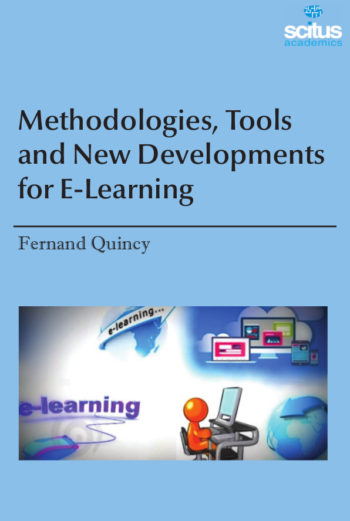Qualitative research has its origins in logical, rational and philosophical analysis. The practice of qualitative research is as old as philosophy itself. LIS is an evolving discipline, and therefore still is in the process of building a strong research foundation for itself. Library and information science is becoming progressively important, simply because of the ever increasing information organization of society. The initiation of information technology (IT) has changed the global prospects forever and created a massive change in the way in which people attain information and knowledge. Though libraries are changing with these times, there will be tremendous pressure on librarians and information scientists to cater to the needs of people and organizations in a most effective and efficient way. To do that takes a better understanding of many information phenomena not currently well understood, and qualitative research can play an important role in furthering that understanding.
Qualitative Research for the Information Professional emphasizes on qualitative research methodologies in the field of library and information management. The objective of this book is to provide insight about the use of qualitative research in library and information science (LIS) literature. The book also provides an account of the extent to which different qualitative methods have been used or are in use within LIS research. The book landscapes many case studies and examples, and compromises a widespread guidebook of practice designed for practitioners an LIS professionals.
Over the past two decades, theorists have noted an increase in the use of qualitative research methods within library and information science. The qualitative analysis will point to possible trends within LIS studies that use qualitative methods, such as dominant data collection or data analysis methods. Together, these results will help to provide a better understanding of the current face of LIS research.













